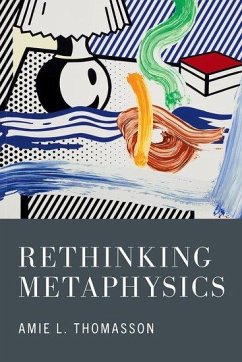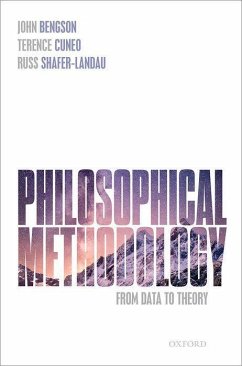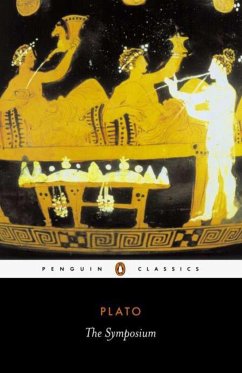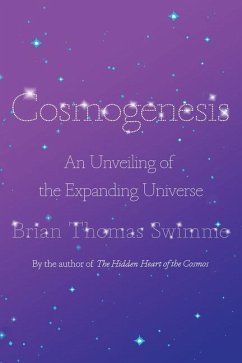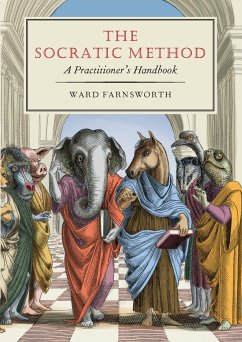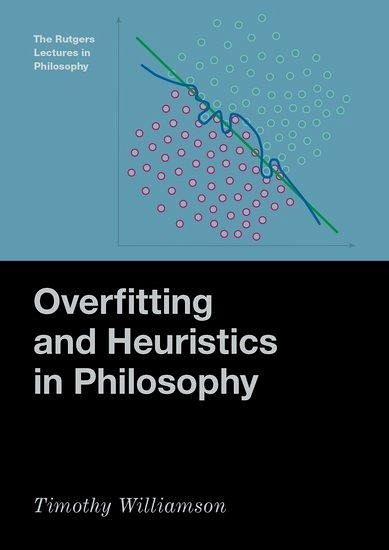
Overfitting and Heuristics in Philosophy
Versandkostenfrei!
Versandfertig in über 4 Wochen
30,99 €
inkl. MwSt.
Weitere Ausgaben:

PAYBACK Punkte
15 °P sammeln!
Noted philosopher Timothy Williamson uses ideas from contemporary psychology and data-driven science to identify defects in how many philosophers arrive at their theories, because they rely on common sense ways of thinking that are correct most but not all the time. When those ways of thinking are pushed too far, what Williamson refers to as overfitting can result in philosophical paradoxes. He shows how philosophers have over-complicated their theories in futile attempts to accommodate erroneous 'data' and he documents these problems in detail through case studies of contemporary philosophy. ...
Noted philosopher Timothy Williamson uses ideas from contemporary psychology and data-driven science to identify defects in how many philosophers arrive at their theories, because they rely on common sense ways of thinking that are correct most but not all the time. When those ways of thinking are pushed too far, what Williamson refers to as overfitting can result in philosophical paradoxes. He shows how philosophers have over-complicated their theories in futile attempts to accommodate erroneous 'data' and he documents these problems in detail through case studies of contemporary philosophy. He also discusses what philosophers can do to avoid these problems. Williamson's important diagnosis and prescription will be of interest to a wide range of philosophers.




